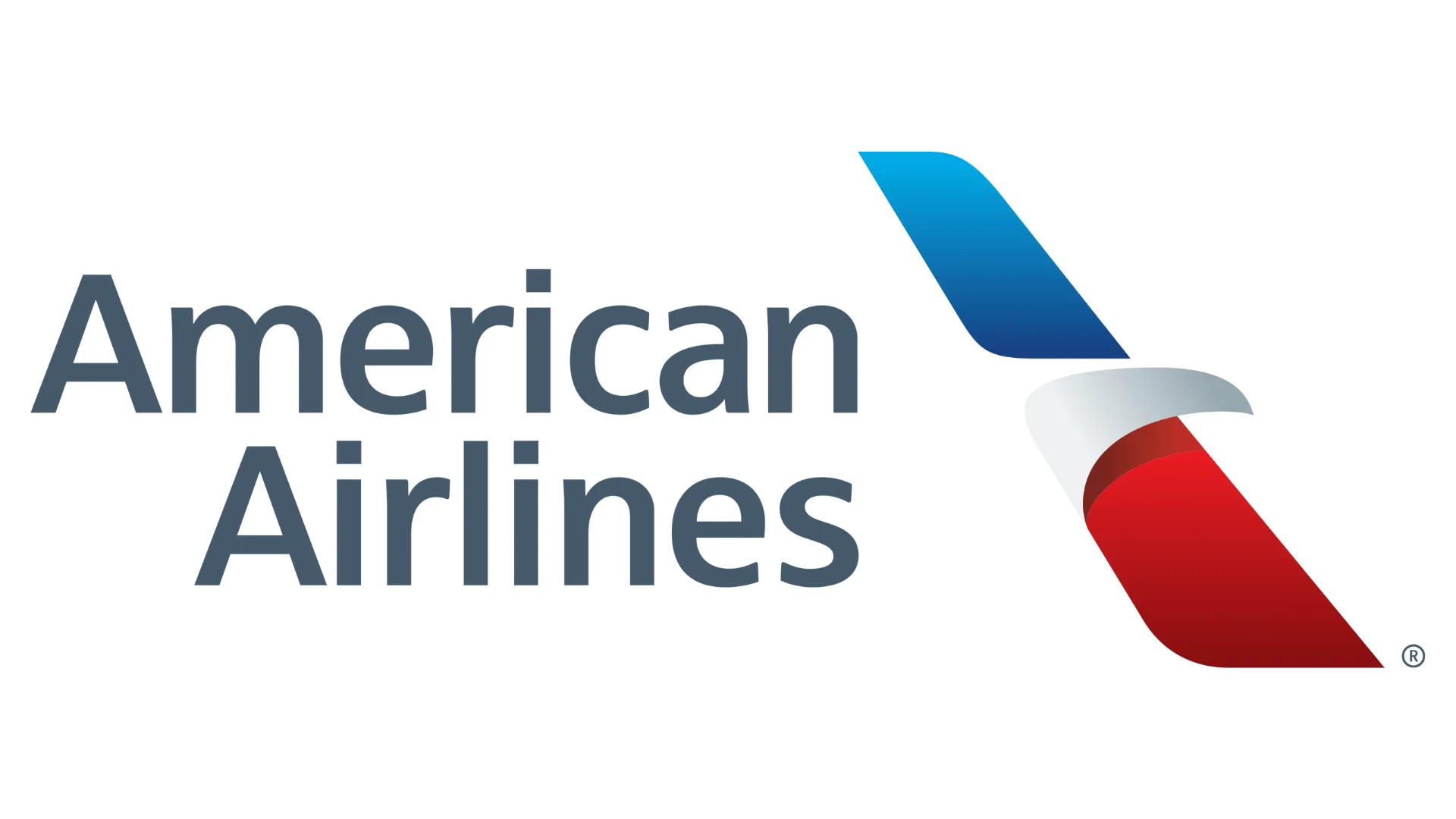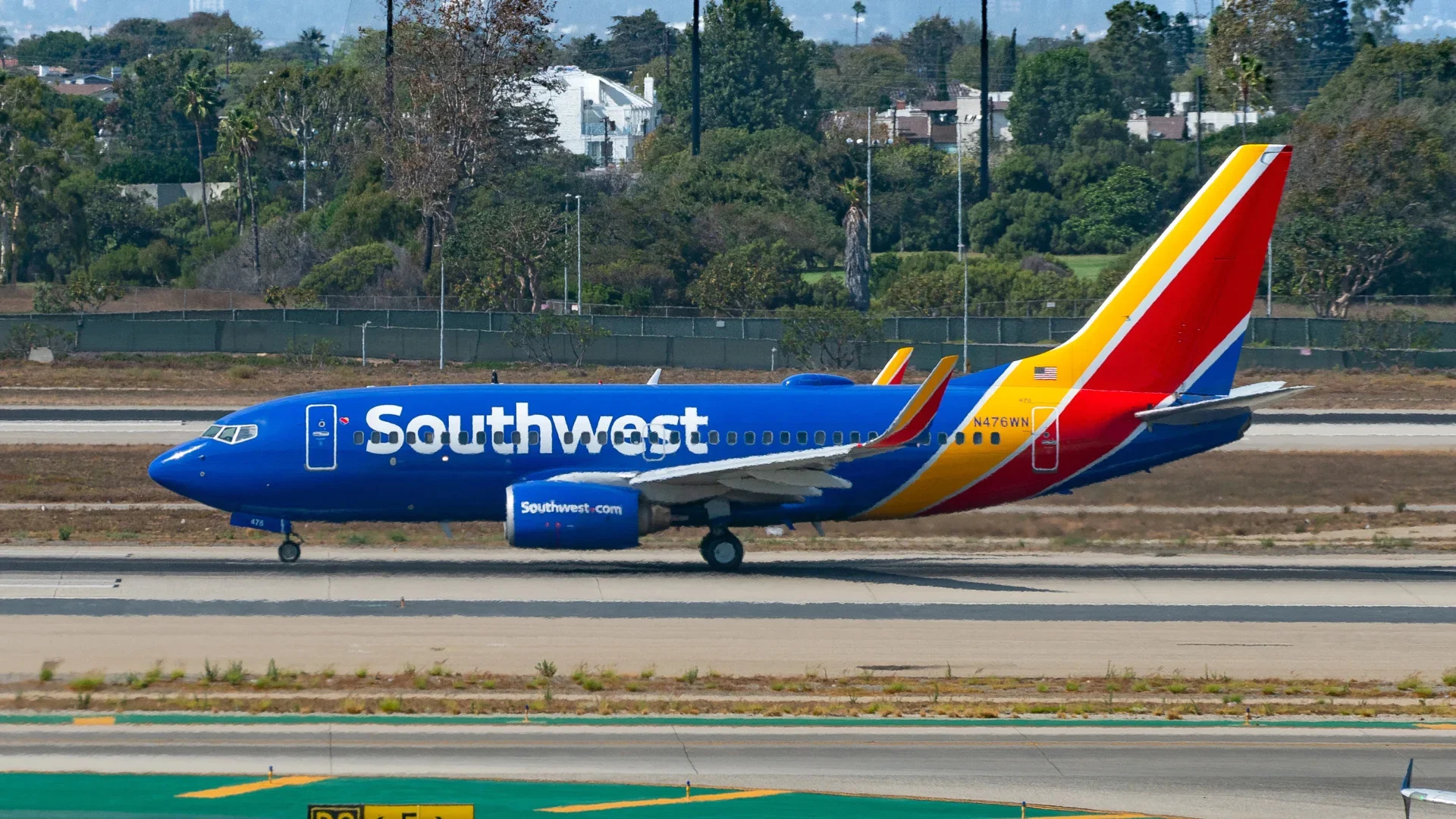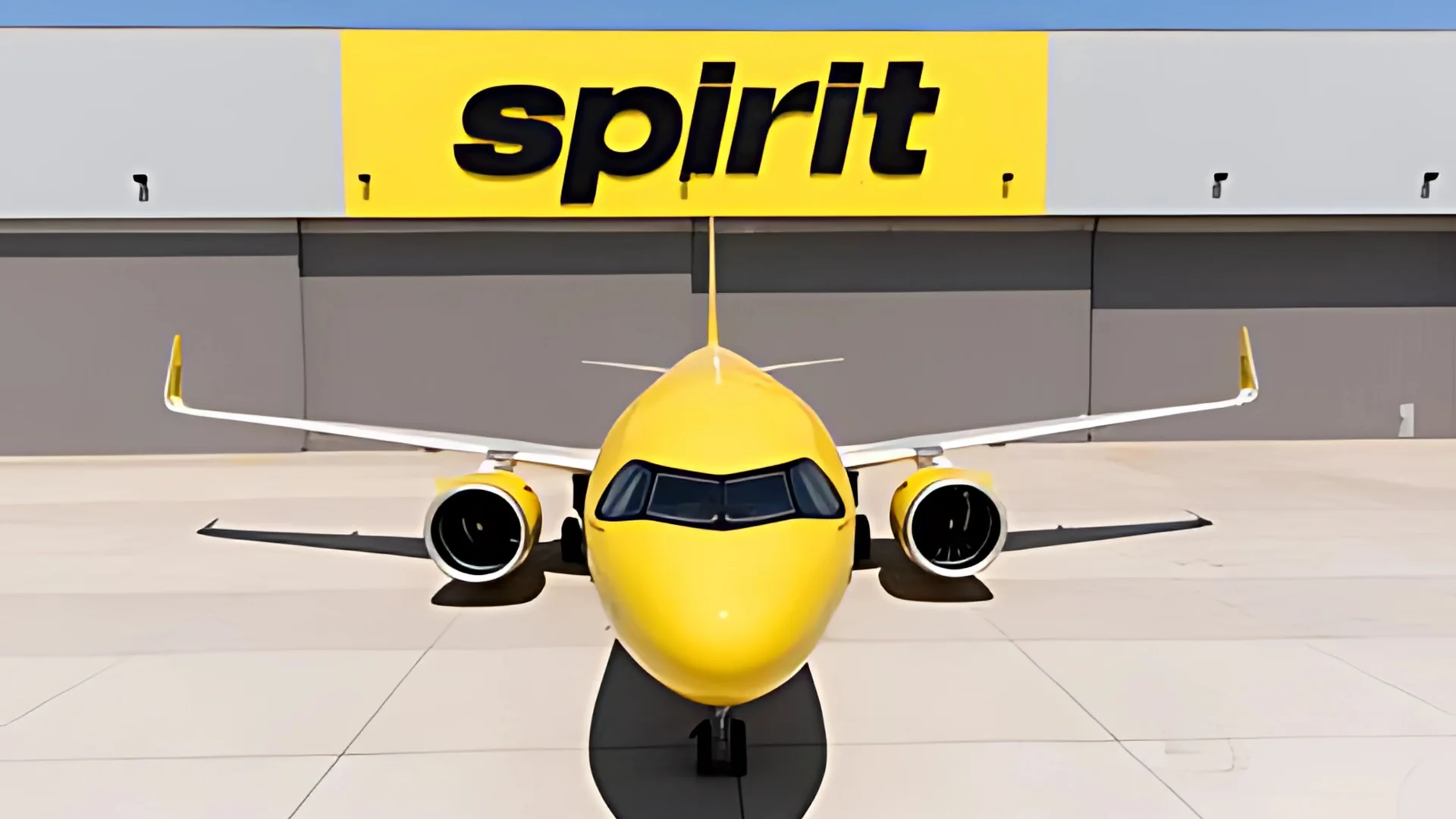Credit cards are an essential part of modern financial transactions, but the roles of card issuers and networks often remain unclear to many users. The distinction between these two entities is crucial for understanding how credit cards function.
A credit card issuer is typically a bank or financial institution responsible for evaluating applications, issuing physical cards, setting account terms, and handling payments. For example, if you use Chase's World of Hyatt Credit Card at a restaurant, Chase acts as the issuer. They manage everything from producing the card to paying merchants on behalf of the cardholder.
On the other hand, a card network like Visa facilitates transactions by setting interchange fees and building payment infrastructures that allow widespread merchant acceptance. In our example with Chase's World of Hyatt Credit Card, Visa serves as the network enabling transaction processing.
 Alerts Sign-up
Alerts Sign-up






